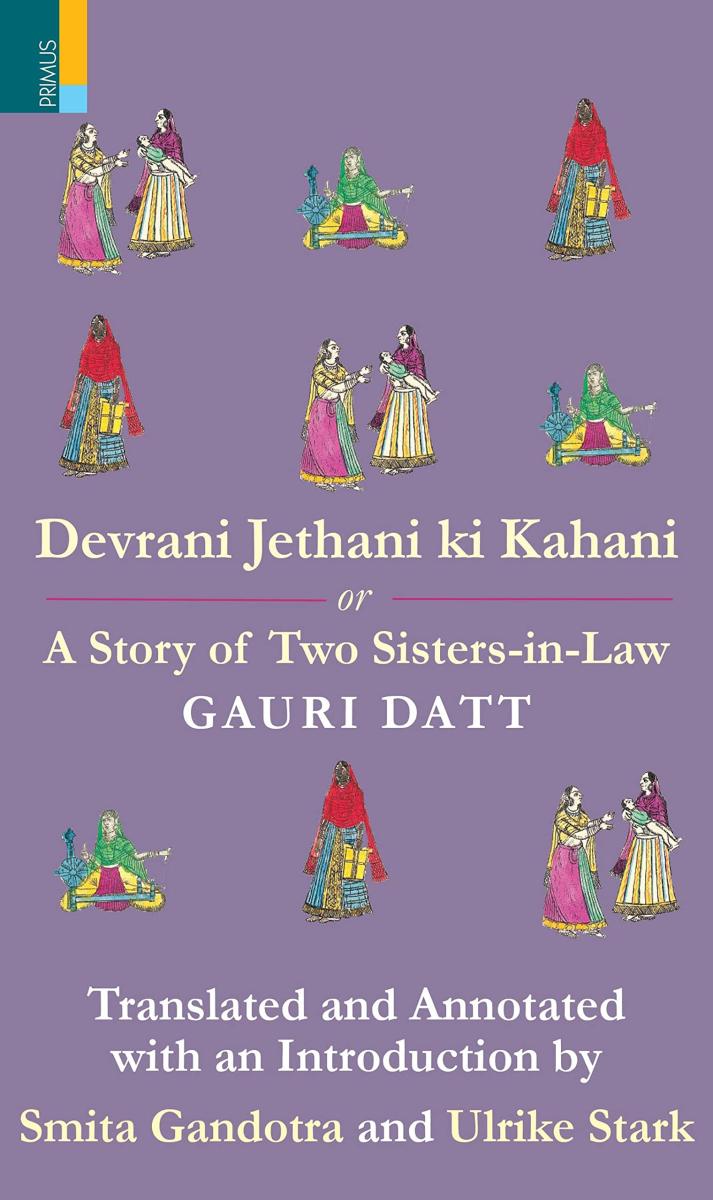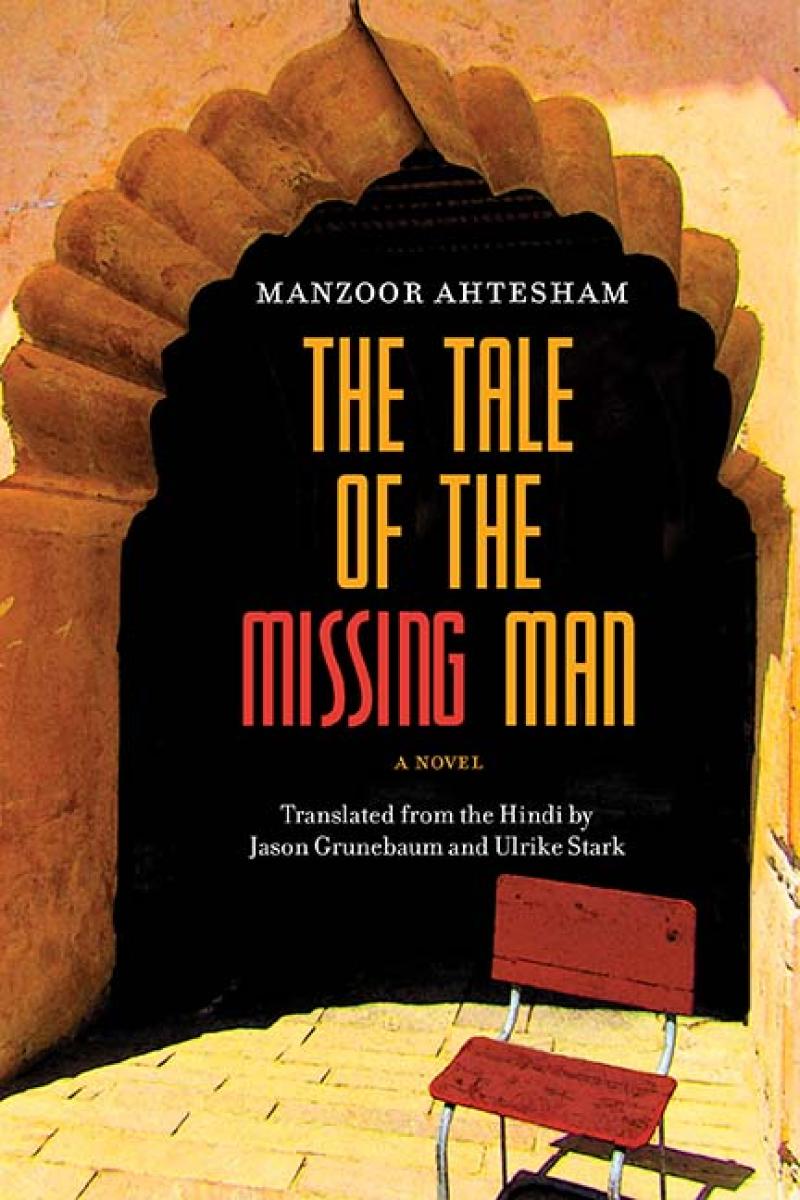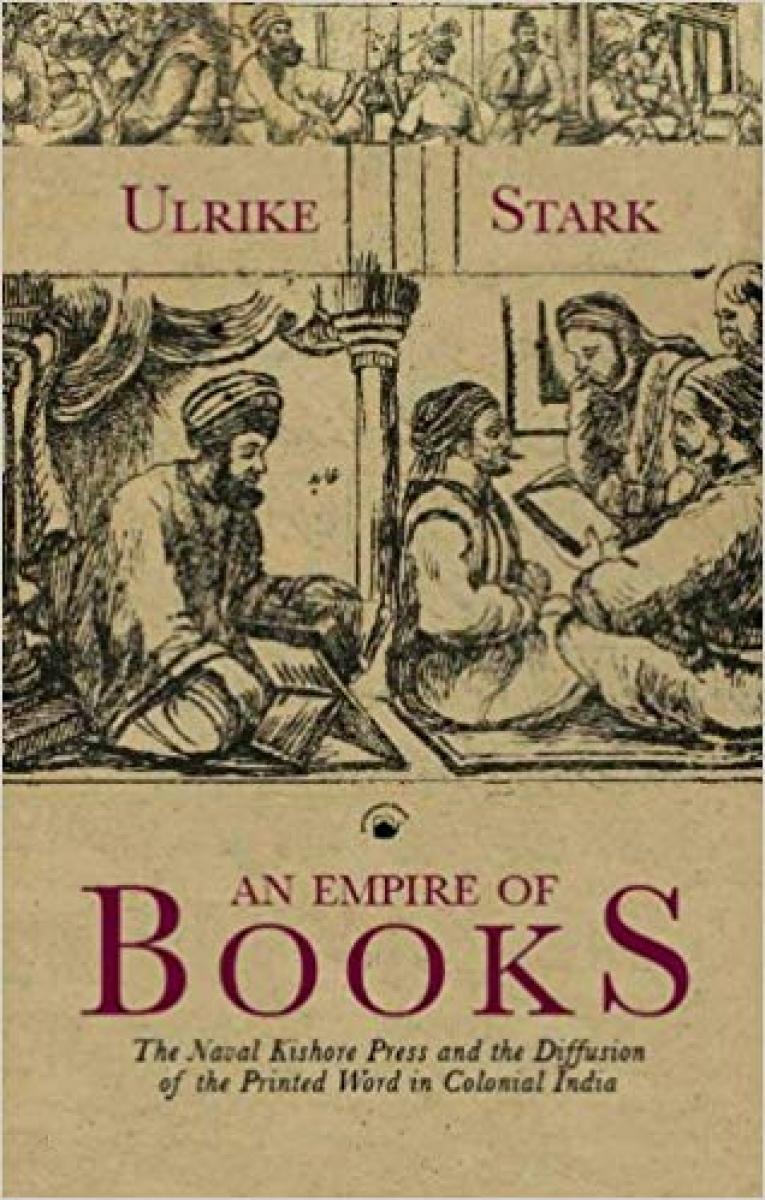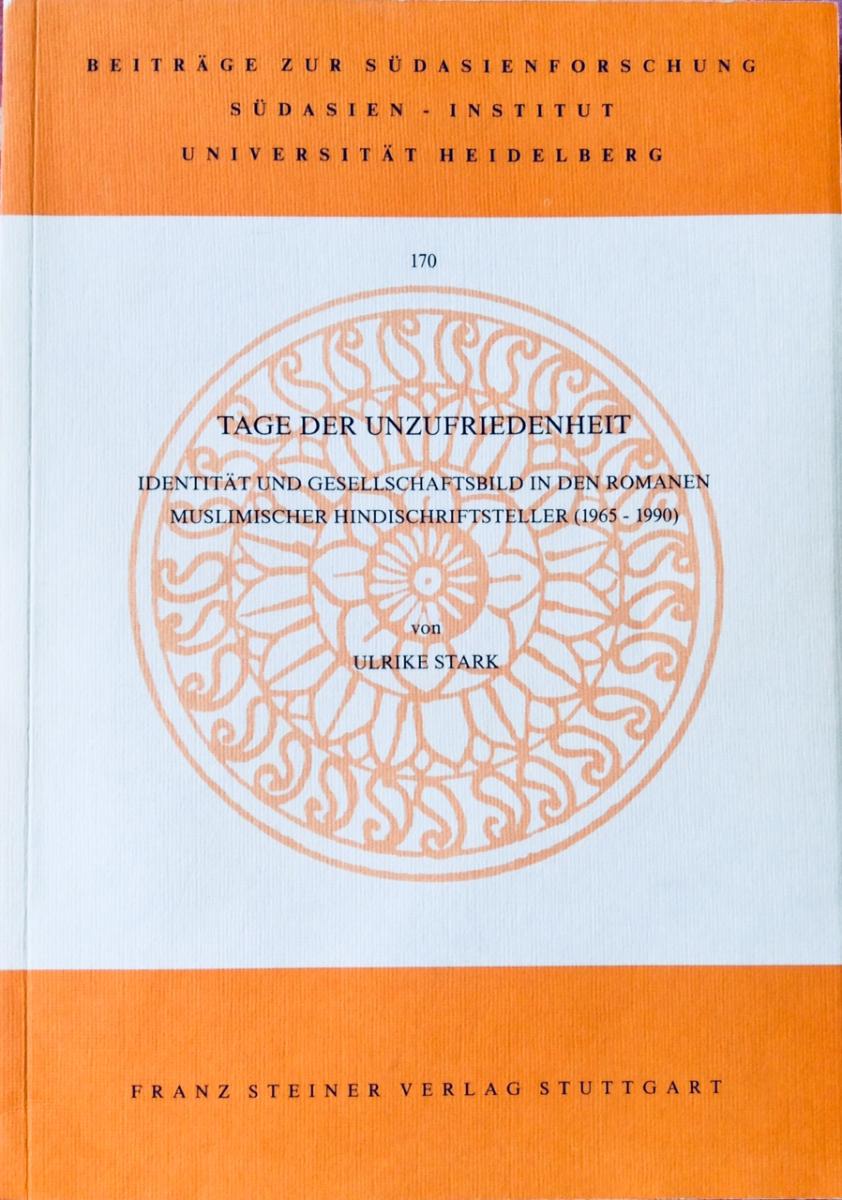
Biography
Ulrike Stark is a scholar of modern Hindi literature and South Asian book history. Her main research interests are in the cultural and intellectual history of North India in the nineteenth and early twentieth centuries, with a specific focus on print culture, public intellectual life, education, and gender. She also has a long-standing interest in contemporary Hindi fiction and literary translation.
Ulrike Stark was trained in Classical and Modern Indology as well as French and Hispanic literatures at the University of Bonn, Germany. She holds a Ph.D. from the University of Bamberg and received her Habilitation in Modern South Asian Languages and Literatures from the University of Heidelberg in 2004. Stark taught at the South Asia Institute of Heidelberg University for more than a decade before she joined the SALC Department in 2005. Stark’s early research focused on Hindi literature. Her first monograph, Tage der Unzufriedenheit: Identität und Gesellschaftsbild in den Romanen muslimischer Hindischriftsteller, 1965-90 (Stuttgart: Harrassowitz, 1994), analyzes the depiction of Indian Muslim life and identity in the novels of Muslim Hindi authors. While Stark continues to write on contemporary Hindi fiction, most of her recent research focuses on South Asian book history and the intellectual and cultural history of North India during the colonial period. She is the author of an Empire of Books: The Naval Kishore Press and the Diffusion of the Printed Word in Colonial India (Ranikhet: Permanent Black, 2008) and has published widely on Hindi and Urdu print culture. She is also the originator and principal investigator of a digital humanities project titled "Chapakhana. Mapping the Spread of Print in South Asia" [see link below]. Stark is currently completing a biography of North Indian intellectual and educator Raja Shivaprasad ‘Sitara-e Hind’ (1823-1895).
Stark is the editor of Mauern und Fenster (Heidelberg: Draupadi, 2006), a collection of contemporary Hindi short stories in German translation. Her translation, with Jason Grunebaum, of Manzoor Ahtesham’s The Tale of the Missing Man (Chicago: Northwestern University Press, 2018) received the Global Humanities Translation Prize. She recently completed an annotated translation, with Smita Gandotra, of Pandit Gauri Datt’s early Hindi novel Devrani jethani ki kahani (A Story of Two Sisters-in-Law, 1870).
Work with Students
Ulrike Stark advises BA, masters, and graduate students working on various aspects of Hindi literature as well as students interested in the literary cultures and intellectual history of North India and in South Asian book history and print culture studies.
Field Specialties
Hindi language and literature, South Asian book history, North Indian intellectual and cultural history, Hindi-Urdu interface.
Selected Publications
Journal Articles and Contributions to Edited Volumes
"Calligraphic Masterpiece, Mass-produced Scripture: Early Qur'an Printing in Colonial India," in Manuscript and Print in the Islamic Tradition, edited by Scott Reese (De Gruyter, 2022), 141-180 (Studies in Manuscript Cultures 26).
"Making tracts attractive: missionary print and the small book in nineteenth-century rural India," Contextual Alternate, vol. 1, 2021: 10-45.
“Letters Beautiful and Harmful: Print, Education, and the Issue of Script in Colonial North India,” Paedagogica Historica 55.6 (2019), 829–53. Special Issue on “Education and the Visual Dimension of Writing: Script Systems and Typefaces in Educational History,” edited by Lukas Boser.
“Benares Beginnings: Print Modernity, Book Entrepreneurs and Cross-cultural Ventures in a Colonial Metropolis,” in Founts of Knowledge, edited by Abhijit Gupta and Swapan Chakravorty (Delhi: Orient Blackswan, 2015), 15–73.
“Knowledge in Context: Raja Shivaprasad (1823-95) as Hybrid Intellectual and People’s Educator,” in Trans-Colonial Modernities in South Asia, edited by Michael S. Dodson and Brian A. Hatcher (Routledge, 2012), 68–91.
“Associational Culture and Civic Engagement in Colonial Lucknow: The Jalsah-e Tahzib,” The Indian Economic and Social History Review 48.1 (March 2011): 1–33.
“Translation, Book History, and The Afterlife of a Text: Growse’s The Ramayana of Tulsi Das,” in India in Translation Through Hindi Literature. A Plurality of Voices, edited by Maya Burger and Nicola Pozza (Bern: Peter Lang, 2010), 155–180.
Courses
- Third-year/Fourth-year Hindi
- Advanced Readings in Hindi
- Textual Transformations: From Manuscript to Print
- Wives, Widows, and Prostitutes: North Indian Literature and the “Women’s Question”
- Back to the Roots? Nostalgia and Social Critique in the Hindi Village Novel
- Language, Power, Cultural Identity: The Hindi-Urdu Controversy in Historical Perspective
- Readings in World Literature II: Autobiography
- Readings in World Literature III: Desired, Despised, Romanticized—the Courtesan in Literature




